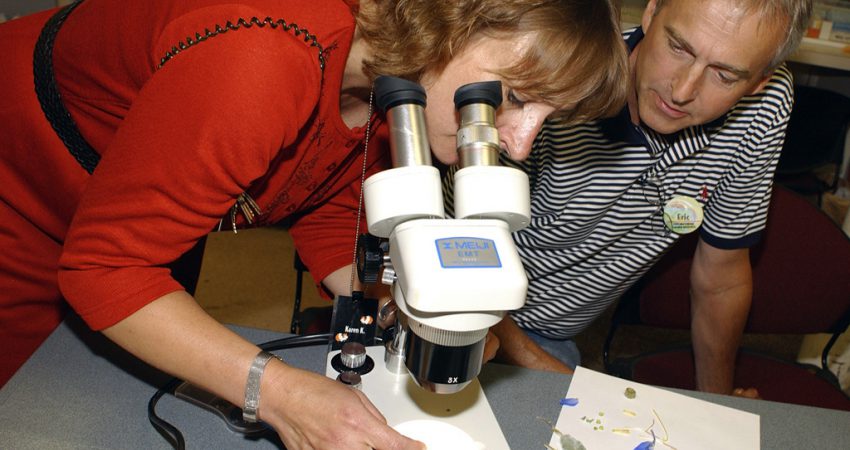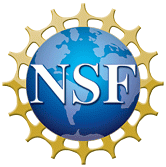
By Heather King - May 2011
PAPER CITATION
Ostermeier, C., Prenzel, M., & Duit, R. (2010). Improving science and mathematics instruction: The Sinus Project as an example for reform as teacher professional development. International Journal of Science Education, 32(3), 303–327.
WHY IT MATTERS TO YOU
SINUS program offers a valuable model for the design of teacher professional development initiatives. It highlights the role of teachers as experts in instruction and capable of cooperatively improving their own teaching. Furthermore, it promotes the practice of teacher learning being located as near as possible to the daily task of teachers—that is, classroom instruction. It also recognizes the need of teachers to select their own areas for development which are in turn supported by research-based resources.
What Is The Issue?
This paper describes a teacher professional development initiative aimed at improving science and mathematics teaching and learning and which comprised 1700 schools by the second phase. The initiative fostered cooperation at the school and inter-school levels and involved teachers selecting “modules”—a framework of resources to support development which address previously identified problem areas.
What Was The Study?
The German initiative known as SINUS was developed in response to the country’s poor performance in international comparison studies such as TIMMS and PISA. Problem areas within German mathematics and science teaching identified by such studies were conceptualized into 11 modules that provide a framework for improving classroom instruction. The modules offer research-grounded resources and ideas and provide a shared language for discussion of issues. Teachers choose which modules they want to address, enabling the professional development to be specific to particular school and local context. Module topics included Learning from mistakes, Promoting girls’ and boys’ achievement, Assessment, and Scientific inquiry and experiments.
Teachers are encouraged to set their own goals and engage in self-evaluation and reflection. The program also seeks to draw upon the collective wisdom of the school community. In addition to mechanisms for discussing and sharing results with colleagues in school, collaborations across schools (through coordinated networks and supported by local and federal educational authorities and local universities) were established.
What Were The Findings?
The wider context in which SINUS was implemented reflects the situation faced by many countries: student interest in science and mathematics was declining; teachers rarely worked cooperatively and had no incentive to engage in professional development; and the professional development that was provided was generally “one-shot” and seldom orientated toward teachers’ needs.
An evaluation of the initiative indicates that the teachers engaged in the programme to a high degree, exchanging resources, and cooperatively reflecting on teaching. They welcomed the cooperative approaches and the chance to choose modules, although it was also noted that some found the content of the modules to be too complicated or too long and that additional guidance was needed to make the modules fruitful.
Most significantly, and in addition to teacher engagement, the SINUS program was found to enhance student learning and motivation. Student interest and competencies were found to be higher in the SINUS schools compared to those assessed in the PISA study. In particular, the data suggest that students of lower ability and in lower track schools especially benefited from the program.
Admittedly, the levels of support and funding that the SINUS program received may not easily be replicated elsewhere, and thus the extent of inter-school cooperation may be more limited. However, the program is nonetheless significant in terms of highlighting and conceptualizing the role of cooperation, collaboration, and personal reflection in the design of effective teacher professional development programs.




